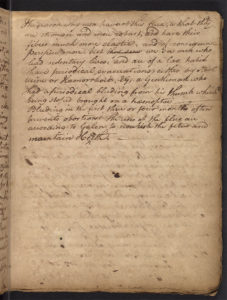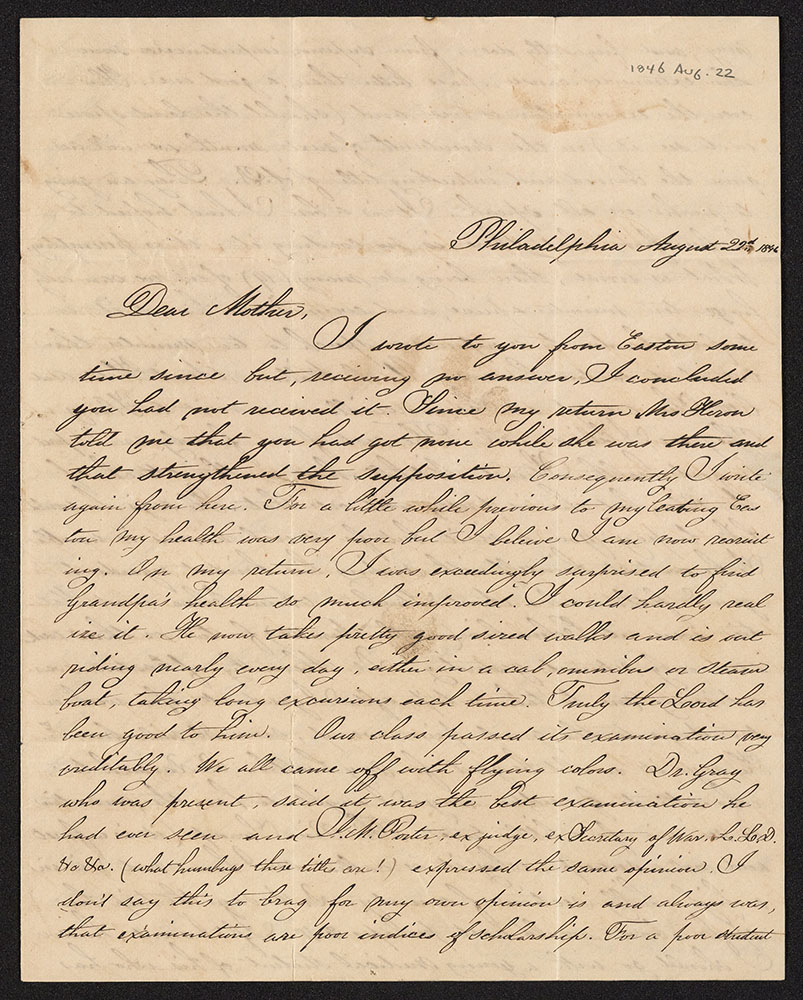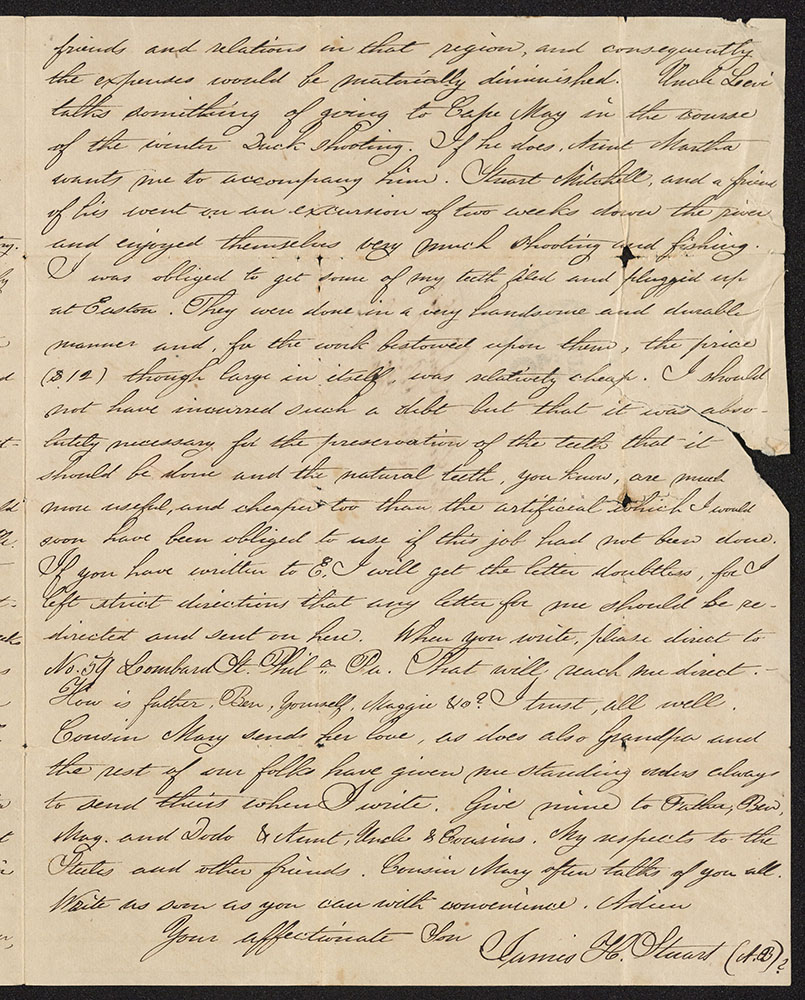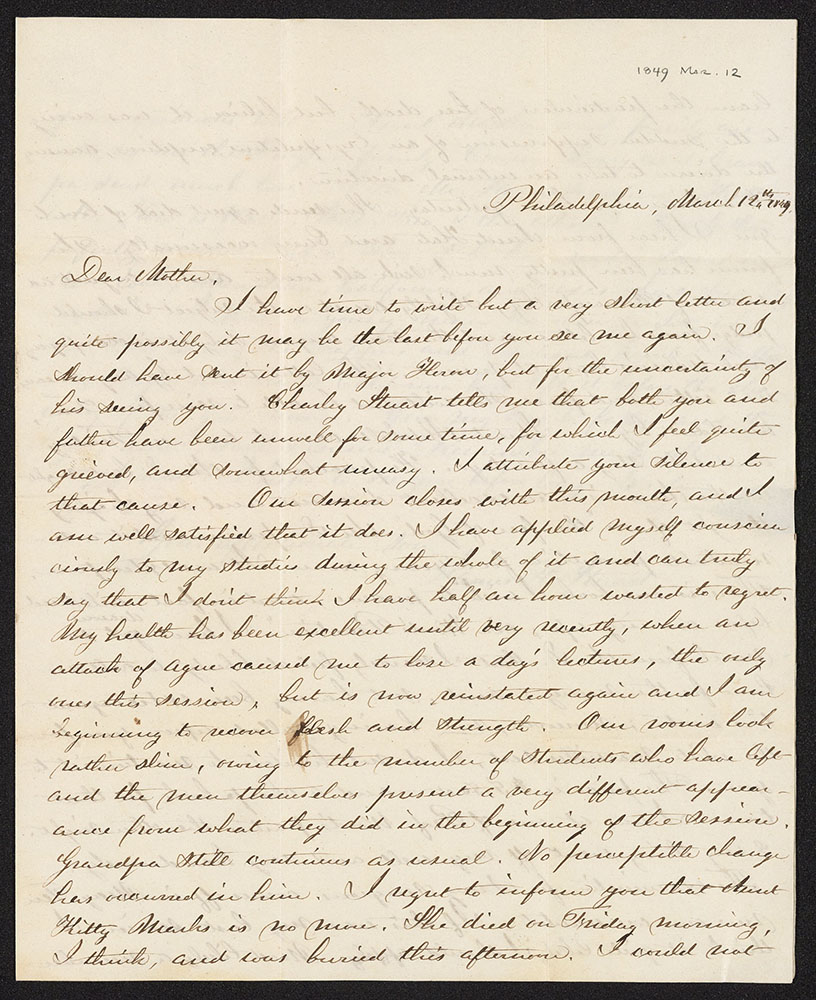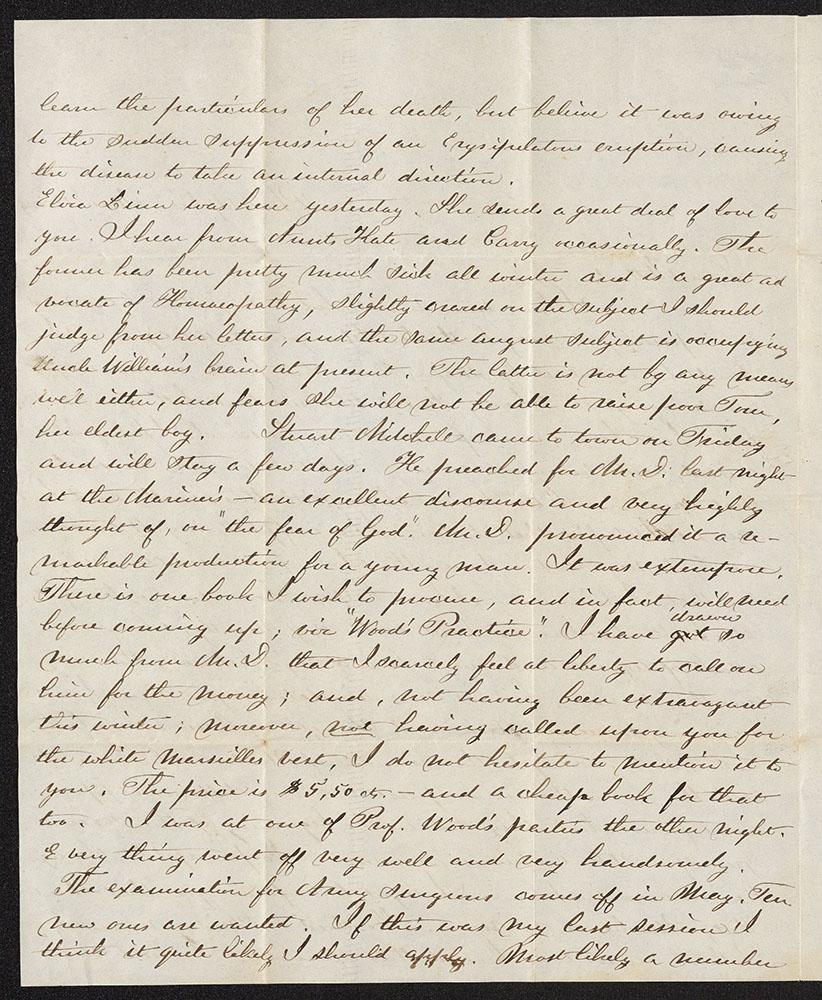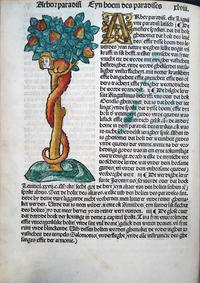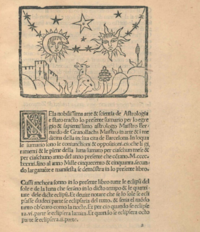~This post courtesy Beth Lander.
CALL FOR PAPERS
FHNN Virtual Conference
June 2020
Title: Silences in the LAMS: Digital Surrogacy in the Time of Pandemic
Date: October 12, 2020 (VIRTUAL)
Intro: The College of Physicians of Philadelphia, in conjunction with the CLIR-funded project For the Health of the New Nation (FHNN) through a partnership with the Philadelphia Area Consortium for Special Collections Libraries (PACSCL), invites proposals for a one-day, online conference on the use of digital primary sources.
In a time when the use of hard-copy primary sources has been all but eliminated, how are teachers, scholars, and other researchers using digital surrogates in their work? How has this digital format impacted the research process? What are the strengths and weaknesses of working solely with digital collections? How do (or don’t) digital surrogates manifest silences within archives? This conference will explore these questions and more to examine the challenges and rewards of conducting or teaching history in a near virtual environment.
Session Formats
Presenting online creates new challenges, but it also offers new possibilities. While we suggest your proposal match one of the session formats below, we encourage presenters to use any digital presentation style that would engage and entice viewers.
Traditional Paper Presentation – 30-minute session of one fully prepared paper, with time for comments and discussion
Panel Discussion – 60-minute session consisting of three to five panelists discussing perspectives on a selected topic
Lightning Talks – 30-minute session of four to five 5-minute talks on a given topic
Proposal Evaluation: The Program Committee invites proposals on the following topics, as they relate to digital archival collections:
- Archival silences
- Exclusions in the history of medical education
- Metadata and access
- Teaching with primary sources
- Loss of physicality
- Effective digital tools to mine content
Presenters are encouraged, though not required, to use digitized materials from the CLIR Hidden Collections grant project, For the Health of the New Nation…, in their proposals.
Submitting a Proposal: Initial proposals require an abstract of up to 250 words as well as a preliminary title. If the abstract is accepted, full papers will be due this fall (see below for more details).
Submission form: https://forms.gle/i7pPgVLXMYLgtPHu7
Deadline for abstract submission: July 1, 2020
Date of acceptance notification: July 15, 2020
RBM publication: If your abstract is accepted, you may be asked to submit your full presentation for potential publication in RBM: A Journal of Rare Books, Manuscripts and Cultural Heritage, Spring 2021 issue. Final selection for publication will be dependent on the number of submissions and input from the RBM editorial board.
Deadline for paper/presentation submission: September 1, 2020
RBM accepted papers due: September 15, 2020
Word limit for papers: Papers must conform to the publication guidelines of RBM. We suggest no more than 3500 words.
Review Committee members:
Beth Lander, College Librarian/The Robert Austrian Chair, College of Physicians of Philadelphia
Kelsey Duinkerken, Special Collections & Digital Services Librarian, Thomas Jefferson University
Kelly O’Donnell, Ph.D., NEH Postdoctoral Fellow, Consortium for History of Science, Technology, and Medicine
Keynote Speaker: Melissa Grafe, Ph.D. John R. Bumstead Librarian for Medical History, Head of the Medical Historical Library
Contact names
Beth Lander, College of Physicians of Philadelphia (blander@collegeofphysicians.org)
Kelsey Duinkerken, Thomas Jefferson University (Kelsey.Duinkerken@jefferson.edu)
For the Health of the New Nation is supported by a Digitizing Hidden Special Collections and Archives grant from the Council on Library and Information Resources (CLIR). The grant program is made possible by funding from The Andrew W. Mellon Foundation.






